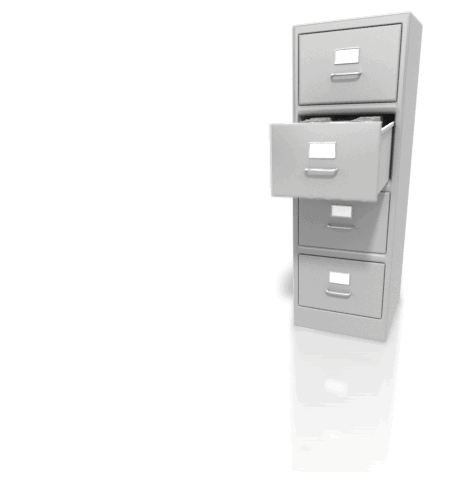How We Finally Stopped Worrying and Learned to Love the Self-Directed Roth IRA
 With the recent resounding GOP victory in the mid-terms, the chances of the repeal of the essential promise of the Roth IRA – that future Congresses would respect the pledge that in return for foregoing the immediate tax deduction, investors would enjoy the tax-free growth of Roth IRAs seem a lot lower.
With the recent resounding GOP victory in the mid-terms, the chances of the repeal of the essential promise of the Roth IRA – that future Congresses would respect the pledge that in return for foregoing the immediate tax deduction, investors would enjoy the tax-free growth of Roth IRAs seem a lot lower.
President Obama is probably the most progressive President we have seen in generations, whose base is likely the most willing to tolerate or even endorse tax hikes on retirement account owners in generations – but the chances of any such policy making its way through the Republican-dominated Congress for the next two years appears vanishingly small. And it is unlikely a future president will be as progressive as this one for a while.
So a big part of the downside risk of the Roth IRA – that Congress would break its promise to the American people and start taxing Roth distributions – seems to have largely evaporated for garden-variety IRAs.
We still see some risk for inherited IRAs and “jumbo” Roth IRAs of over, say, $5 million in value, however.
So this calls for a renewed consideration of the value of Roth IRAs and whether they deserve a place in your portfolio.
We believe that for most, the answer is “yes.” Here’s why:
- Tax-free retirement income. This is valuable stuff for a couple of reasons. First, it’s, well, tax-free retirement income! But above and beyond that, it doesn’t affect Social Security income. Too much taxable ordinary income and half of you Social Security benefits become taxable. But as long as the money you’re living on isn’t ordinary income, it shouldn’t affect your Social Security tax.
- Mitigation of Legislative Risk. Yes, people have worried about the risk that future Congresses would start taxing Roth income for some time. Why? They were worried about legislative risk! But the very same dynamics that could have led Congresses to taxing Roth IRAs are the same dynamics that may lead future Congresses to increasing ordinary income tax rates in the future. That is, the Treasury needs cash, and income taxes are perceived as the most efficient and fairest way to raise it. The Roth IRA is a crucial tool in hedging against the possibility that the government will increase personal tax rates on ordinary income.
- No Required Minimum Distributions. This is a biggie – especially if you are relatively well off and may well not even need the money to live on. An inherited Roth IRA is one of the best ways to pass wealth on to future generations, although the old advantages of the “stretch” Roth IRA have vanished.
- Friendly to Self-Direction. If you like to steer investment assets into relatively long-term, illiquid investments, then having to worry about RMDs every year can be a little problematic. By eliminating RMDs, you are eliminating a major headache in retirement once you turn age 70½: Scraping up the cash from your illiquid investments in, say, raw land, tax liens, tax certificates, some rental real estate and the like can be a problem when you’re scrambling to meet your RMD deadline. Roths don’t have RMD deadlines!
- Mitigates Effects of Estate Taxes. Planning on dying wealthy? If you are sitting on a big traditional IRA, 401(k) or SEP balance, converting that money to a Roth IRA and paying taxes on that money will reduce the size of your taxable estate by whatever you pay in taxes. That increases the net amount you can pass on to your heirs.
- You can make contributions longer. Not ready to hang up your spurs at age 70½? If you’re a fan of this great George Jones song, you may want to reserve the right to keep making money and keep squirreling money away into an IRA for longer. Traditional IRA rules don’t allow you to keep contribution money to them after you turn 70½. But Roth rules do! All you need is earned income.
Is a Self-Directed Roth IRA in your future? American IRA, LLC is America’s leading authority on Self-Directed IRAs as well as 401(k)s and other retirement accounts. Our offices are in Asheville and Charlotte, North Carolina, but we work with investors from all 50 states – especially with issues arising from self-directed accounts. Visit us today at 866-7500-472(IRA) or download one or more of our exclusive guides to self-directed IRA investing at www.americanira.com. We look forward to hearing from you!
Image by: presentermedia.com
